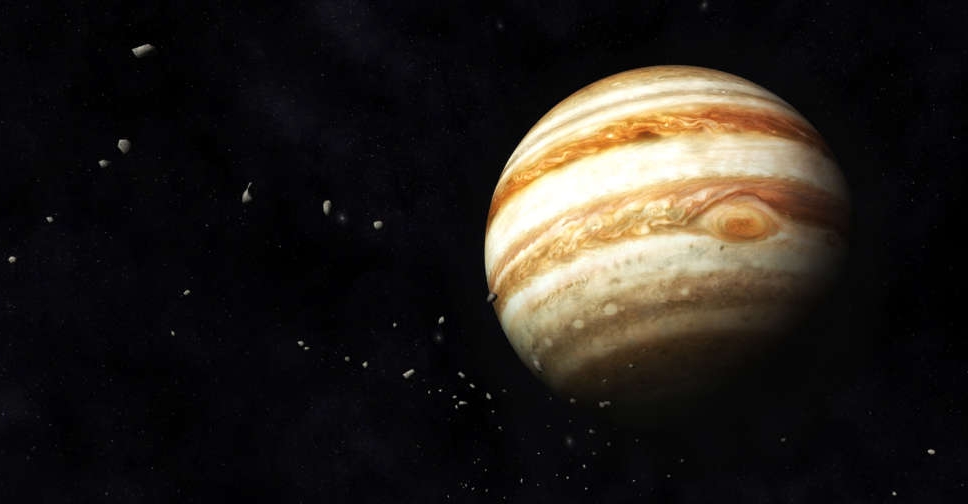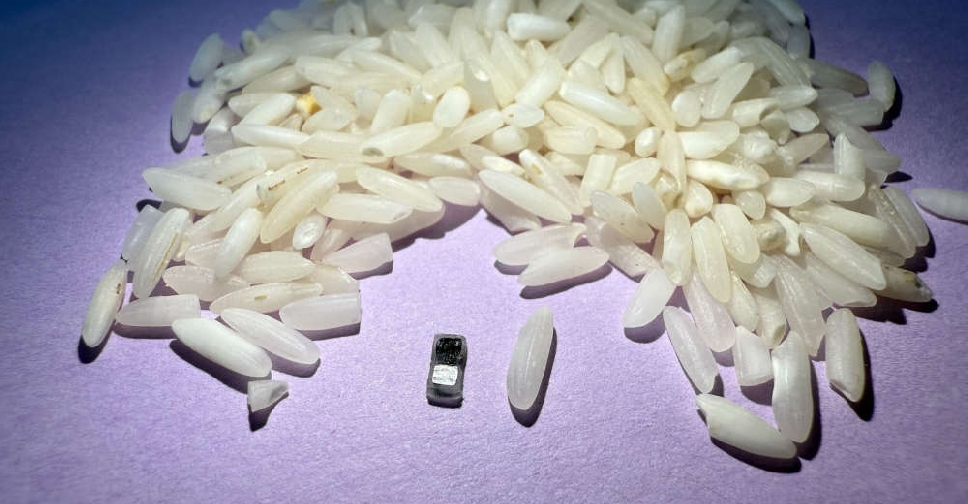
Astronomers have made a record-breaking discovery of 12 new moons around Jupiter, bringing the total number to 92.
It's the largest number of moons around any planet in our solar system, with Saturn coming a close second with 83 confirmed moons.
The newly discovered moons were added to the list kept by the International Astronomical Union's Minor Planet Center by a team of scientists led by Scott Sheppard of the Carnegie Institution.
The discovery was made using telescopes in Hawaii and Chile in 2021 and 2022, and their orbits were confirmed with follow-up observations.
The size of the moons ranges from 0.6 miles to 2 miles.
In an email, Sheppard said, "I hope we can image one of these outer moons close-up in the near future to better determine their origins."
The European Space Agency is set to launch a spacecraft to Jupiter in April to study the planet and its icy moons, while NASA is planning to launch the Europa Clipper to explore Jupiter's moon of the same name in 2024.
Jupiter and Saturn are believed to have a large number of small moons, which are thought to be fragments of once larger moons that collided with each other or with comets or asteroids. Uranus and Neptune also have a large number of moons, but their distance from Earth makes it difficult to spot them.
Uranus has 27 confirmed moons, Neptune has 14, Mars has 2, and Earth has 1, while Venus and Mercury have no moons.
The newly discovered moons around Jupiter are yet to be named, and only half of them are large enough, at least 1 mile or so, to be named. The four largest moons of Jupiter are known as the Galilean satellites, named after Galileo Galilei, who first observed them.
Jupiter and its moons made their closest approach to Earth in six decades last September, and a recent study found unexpected patterns in how temperatures of Jupiter's belts and zones change over time. With Sheppard's record of discovering 70 moons around Jupiter and a slew of moons around Saturn, it is likely that the lunar tally of both gas giants will continue to grow.




 Scientists develop world’s smallest injectable, dissolvable pacemaker
Scientists develop world’s smallest injectable, dissolvable pacemaker
 From baked beans to chips, is Dubai's viral chocolate taking over global brands?
From baked beans to chips, is Dubai's viral chocolate taking over global brands?
 Gamer 'beats' Crossy Road with world record score
Gamer 'beats' Crossy Road with world record score
 United Airlines flight performs U-turn after pilot forgets passport
United Airlines flight performs U-turn after pilot forgets passport
 25,000-year-old mammoth hunting site discovered in Austria
25,000-year-old mammoth hunting site discovered in Austria




